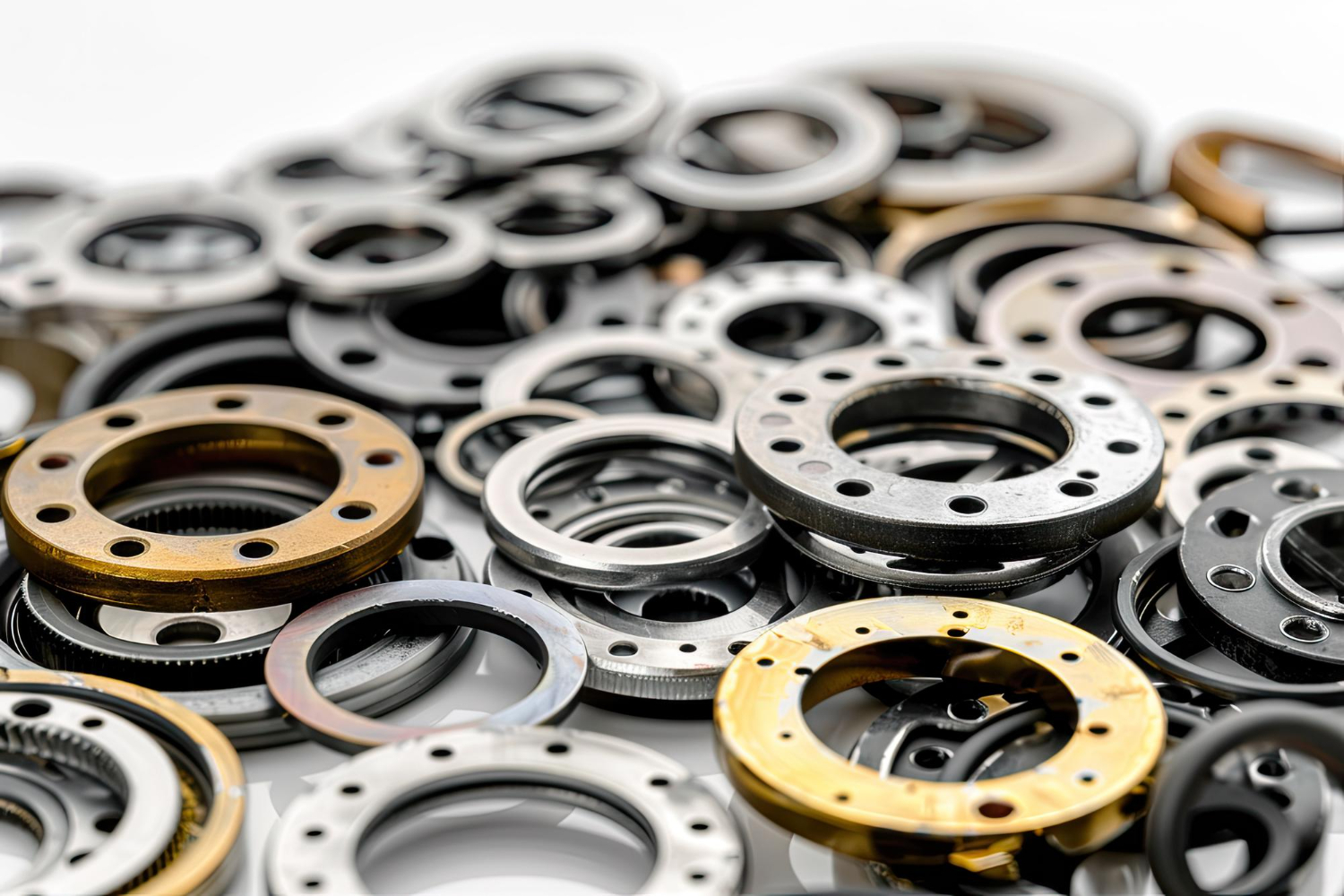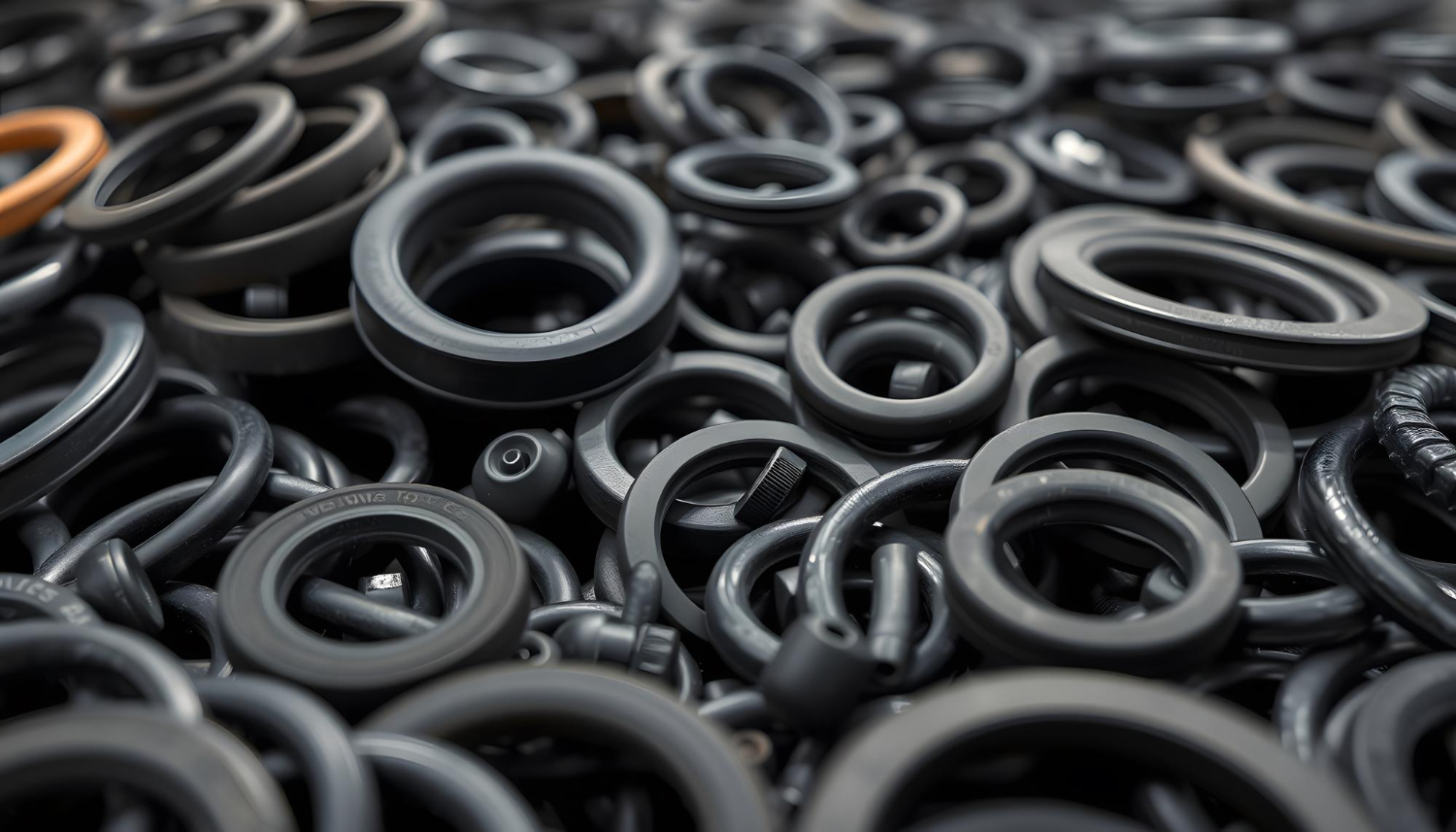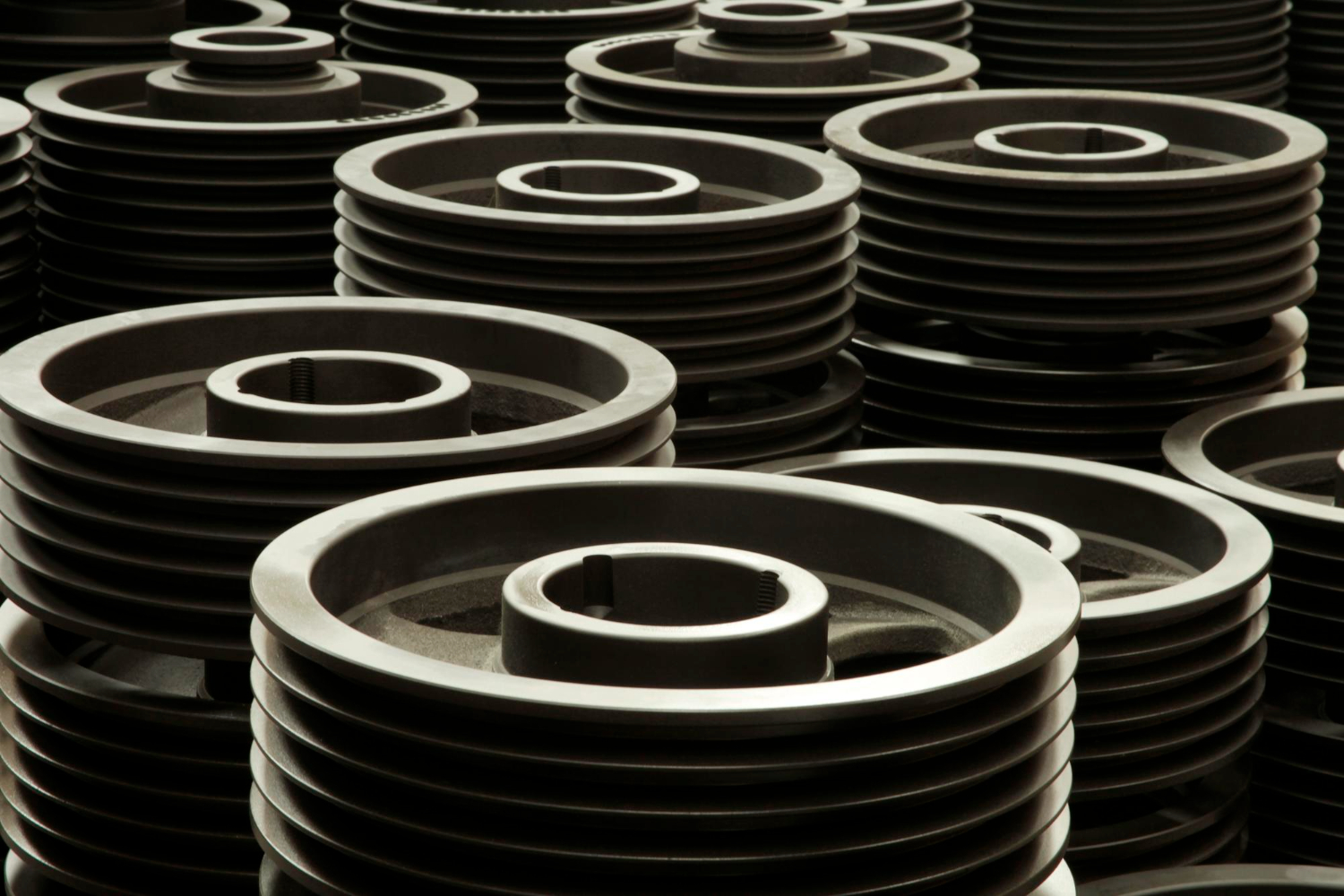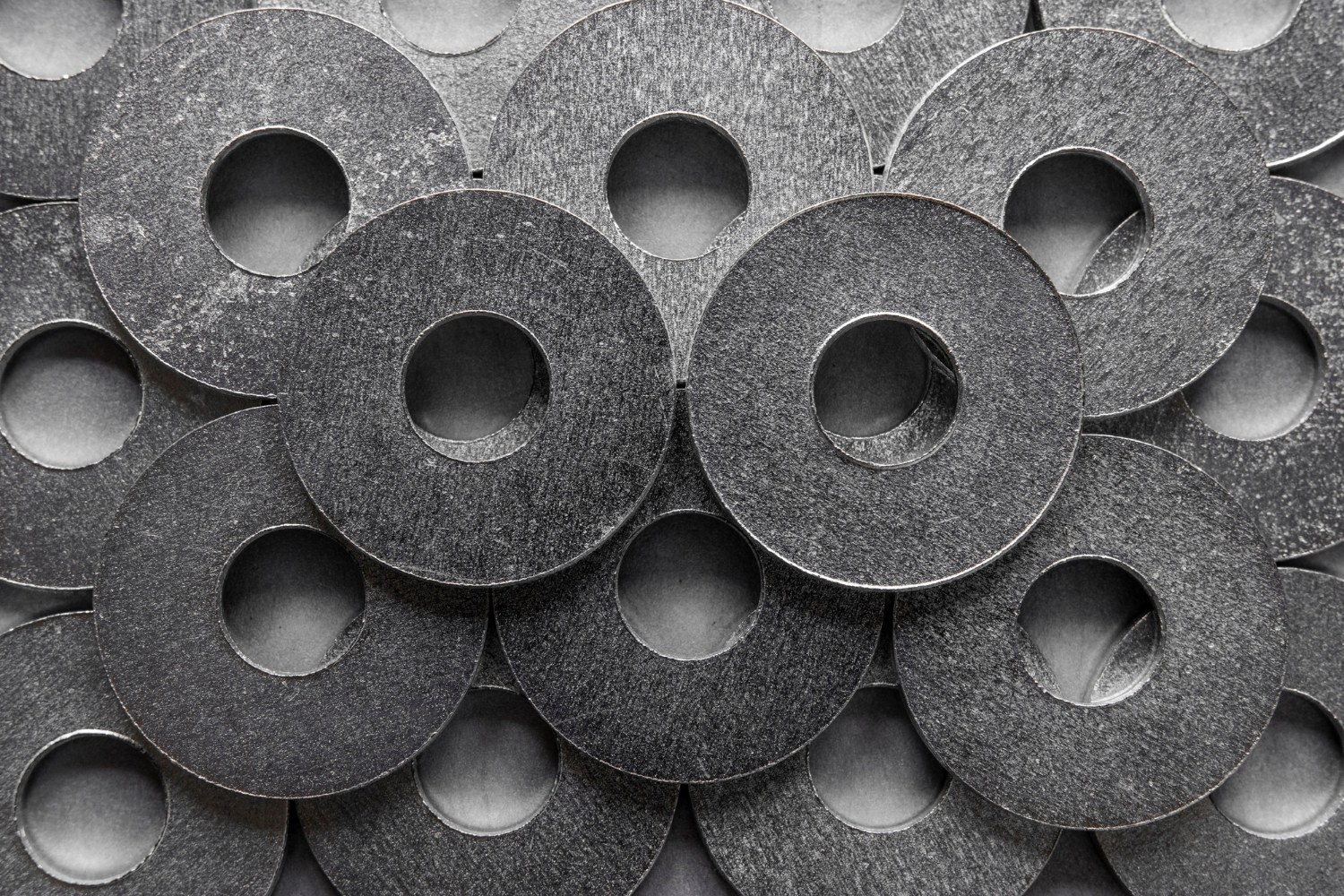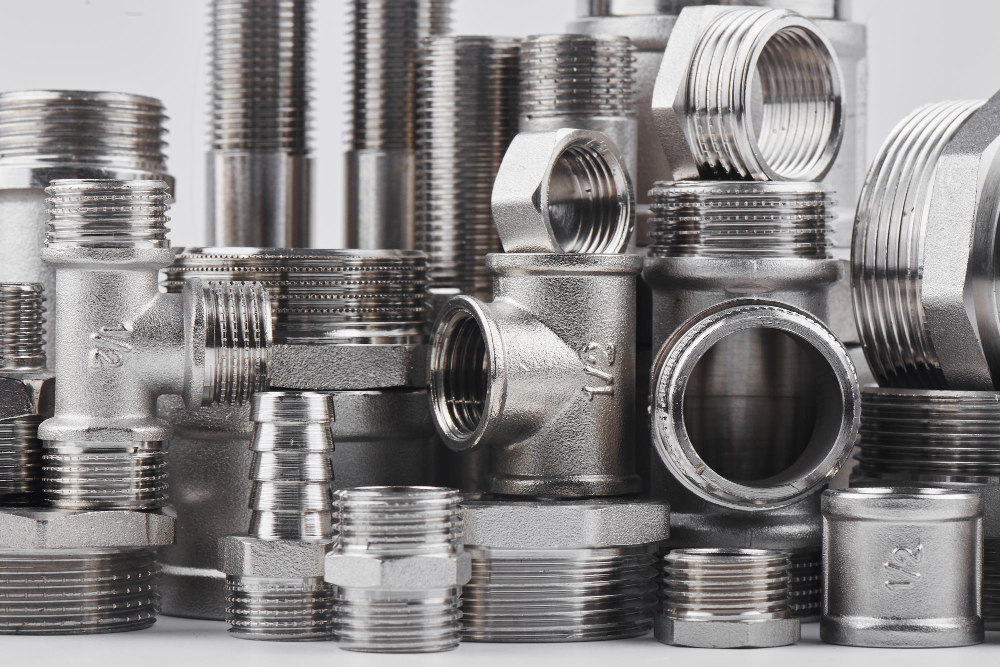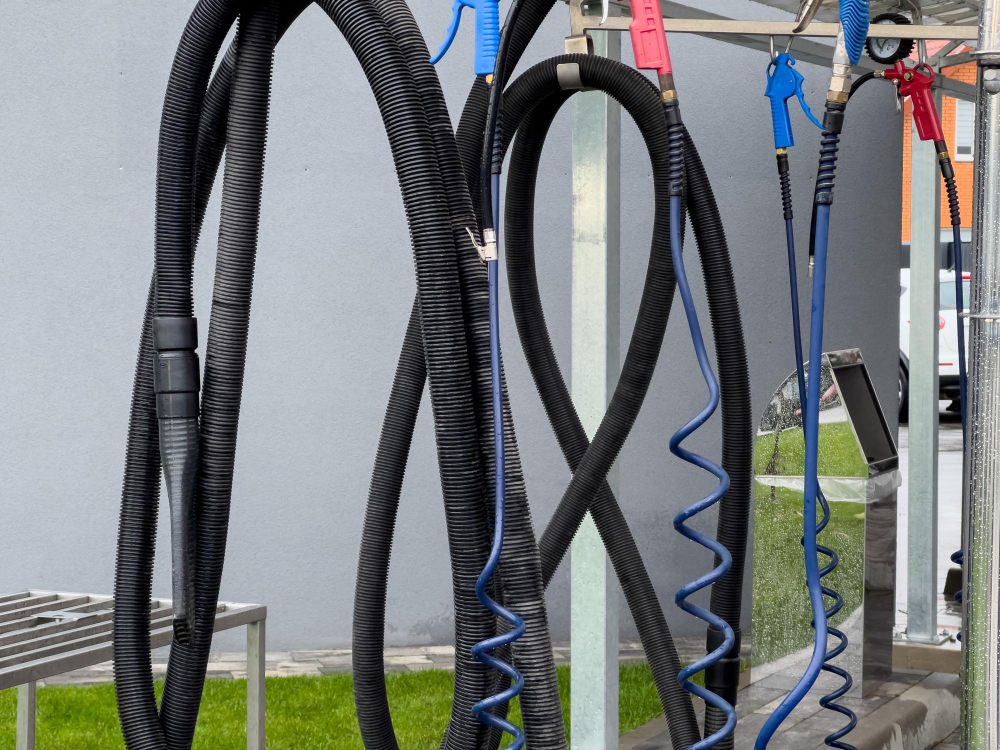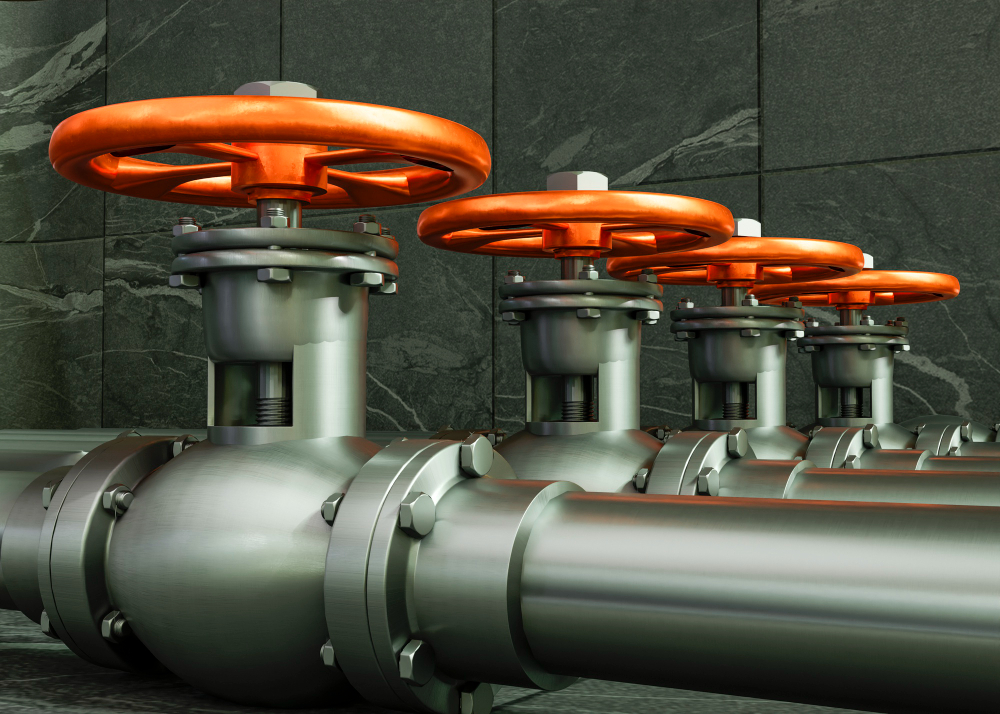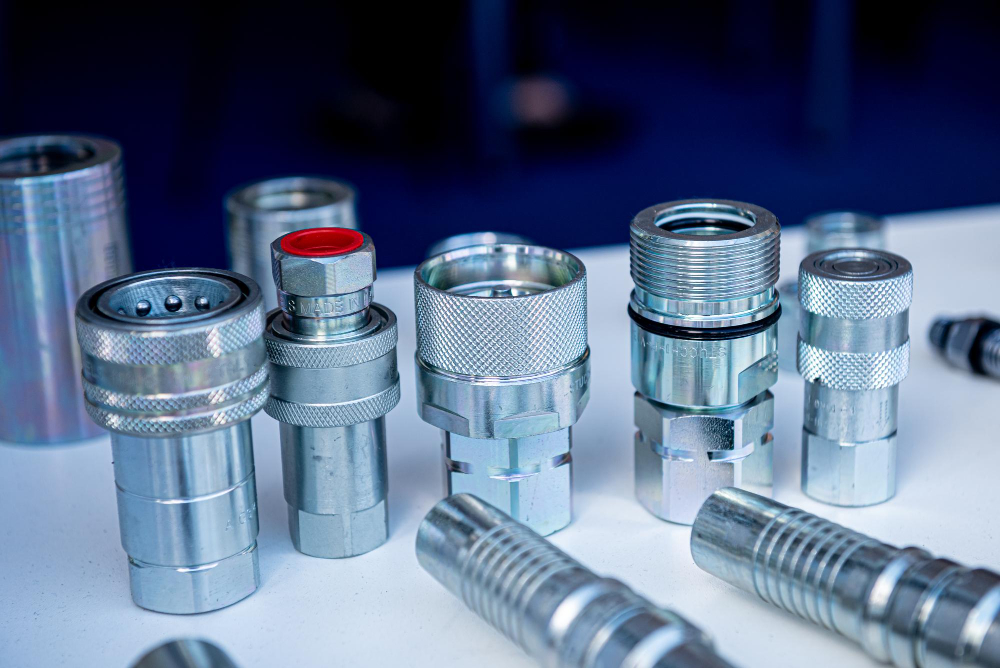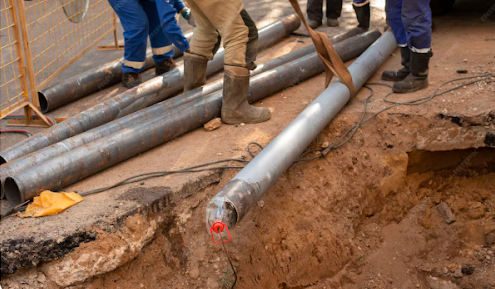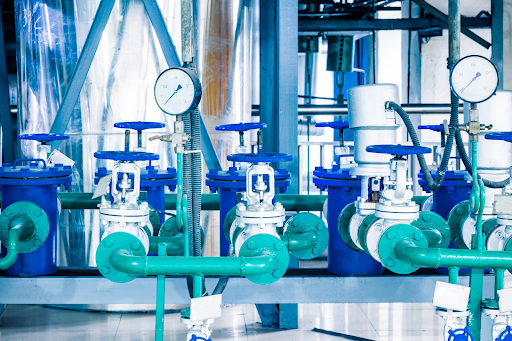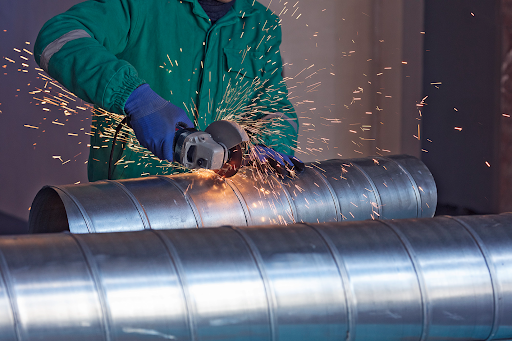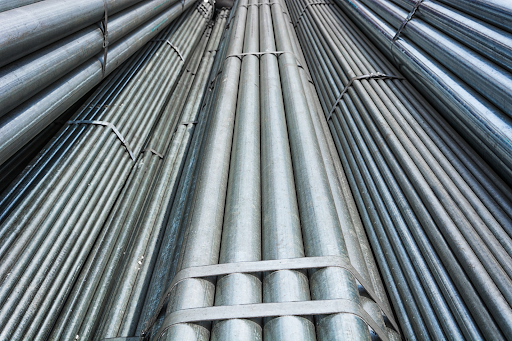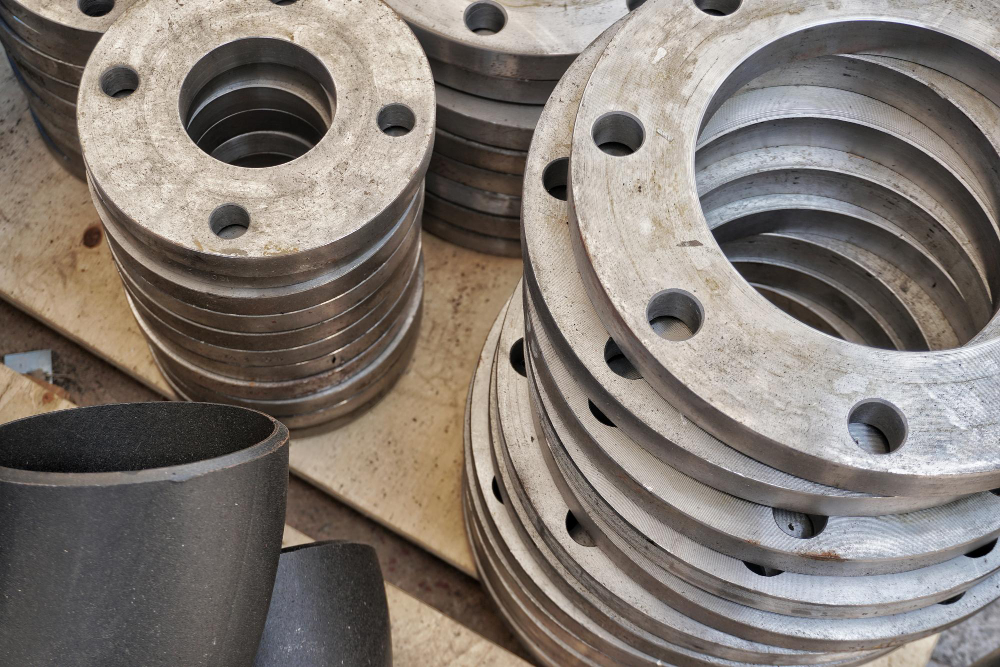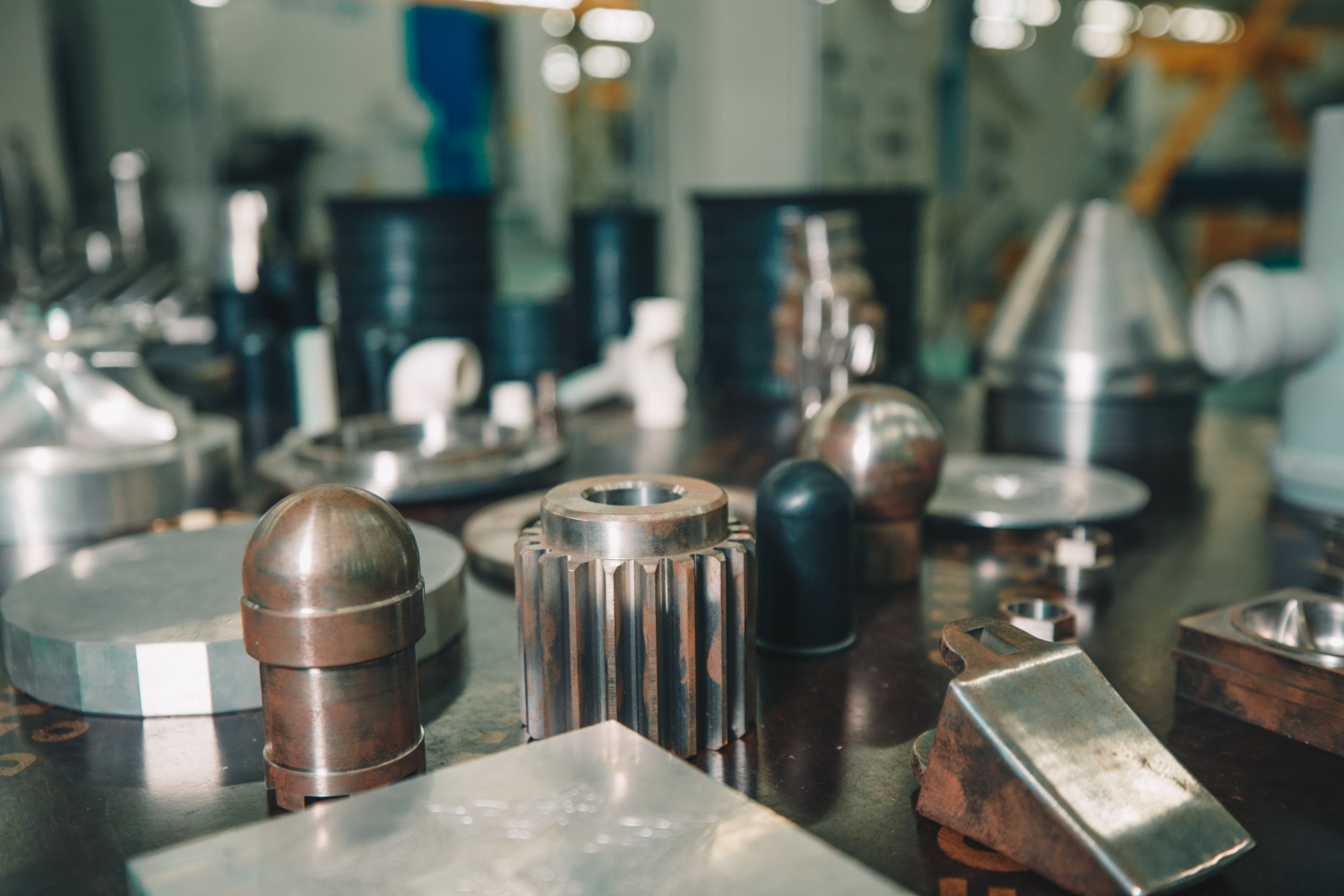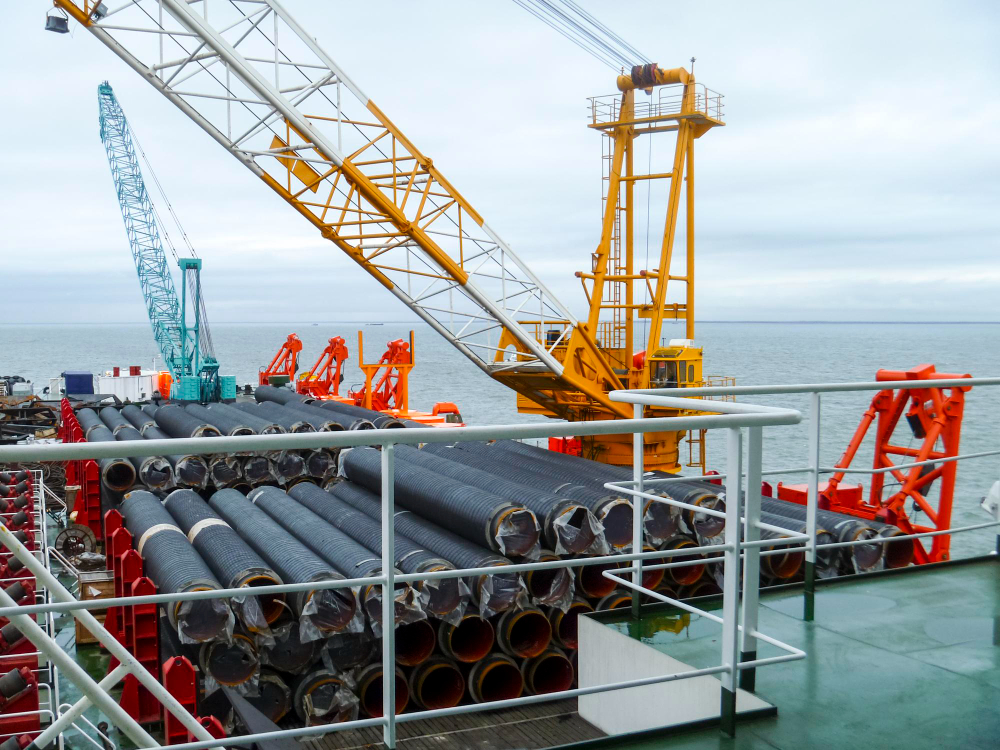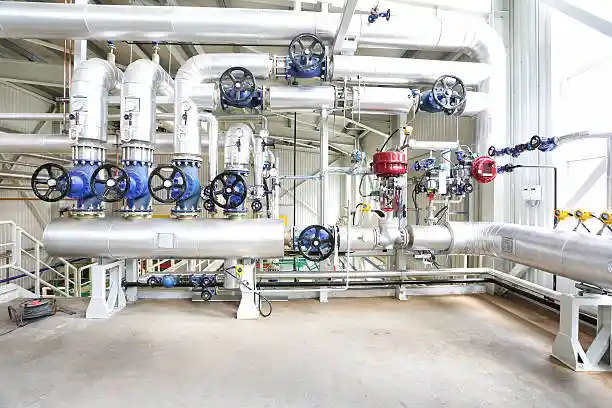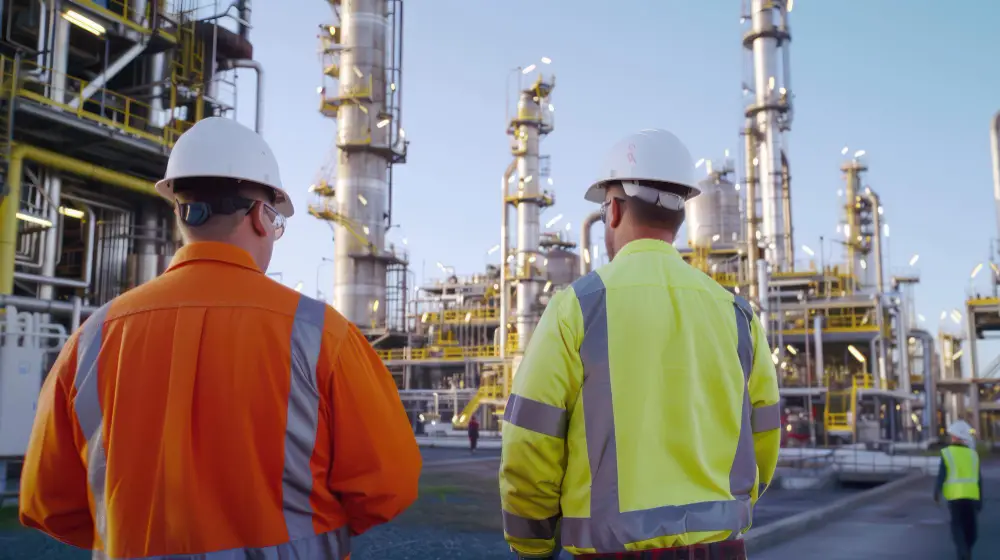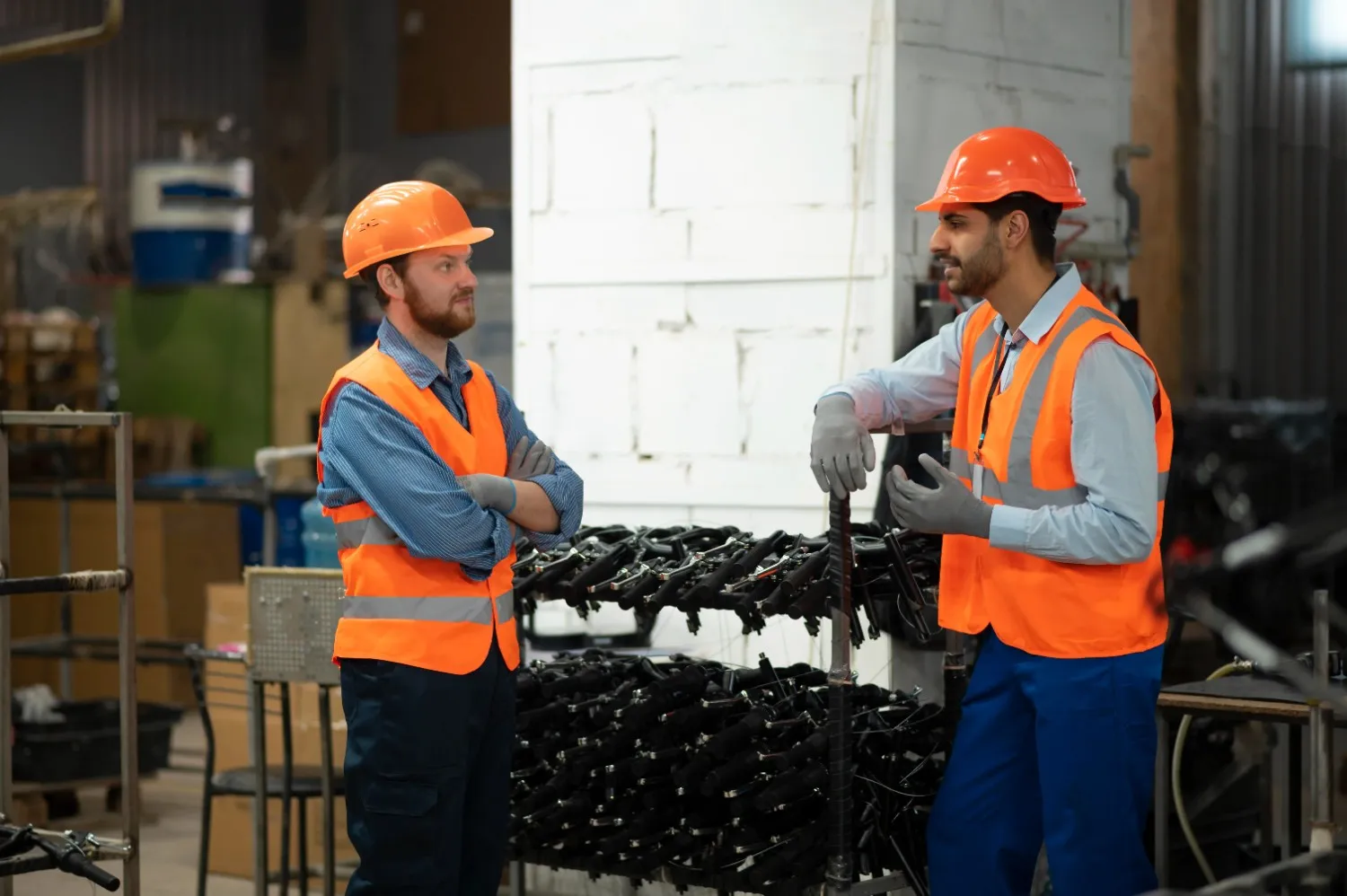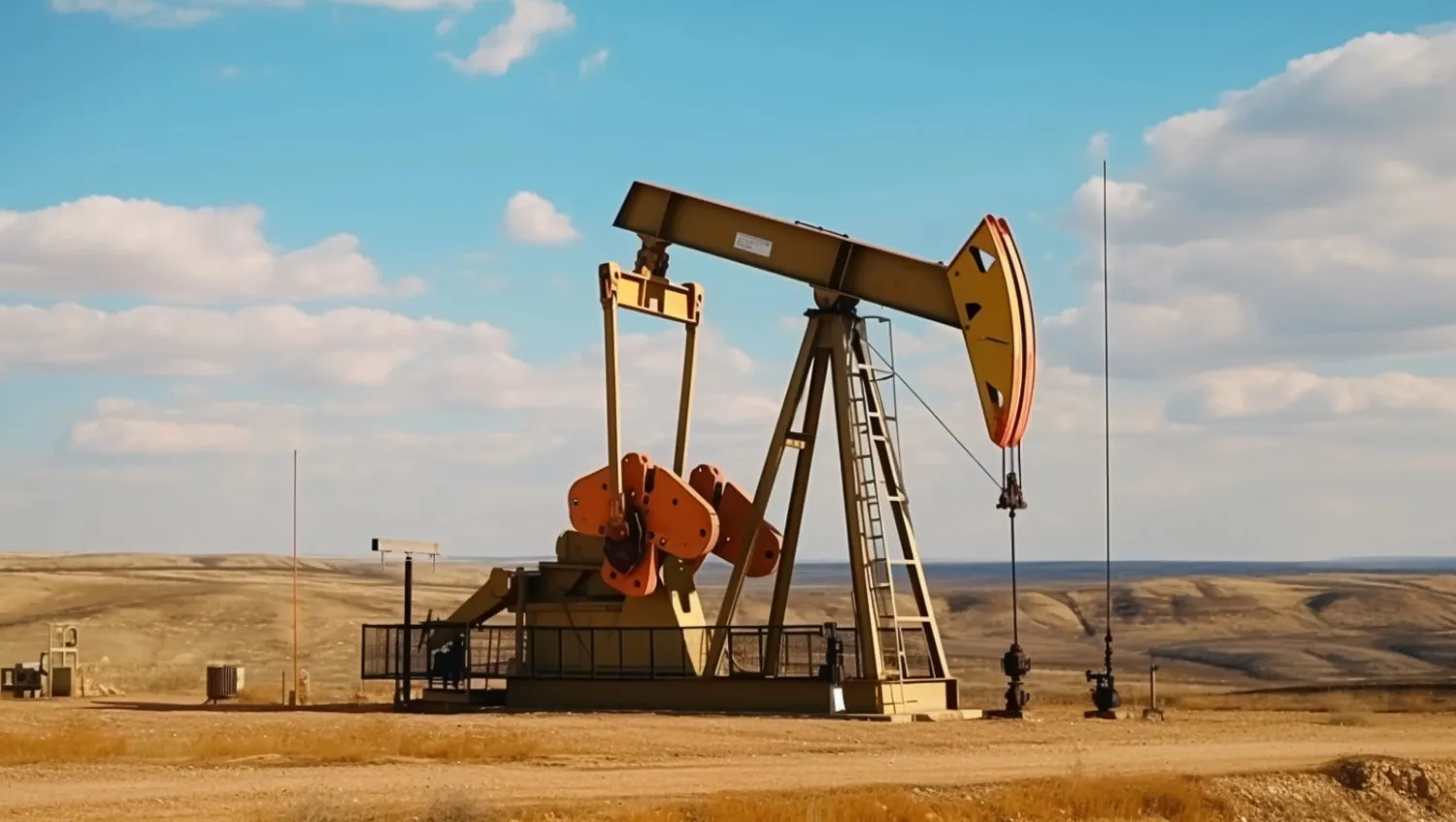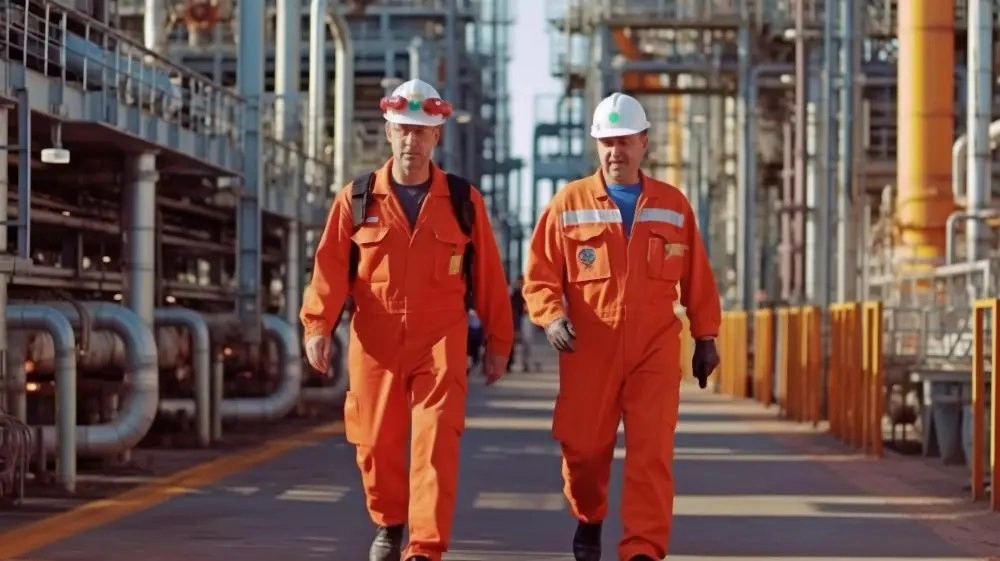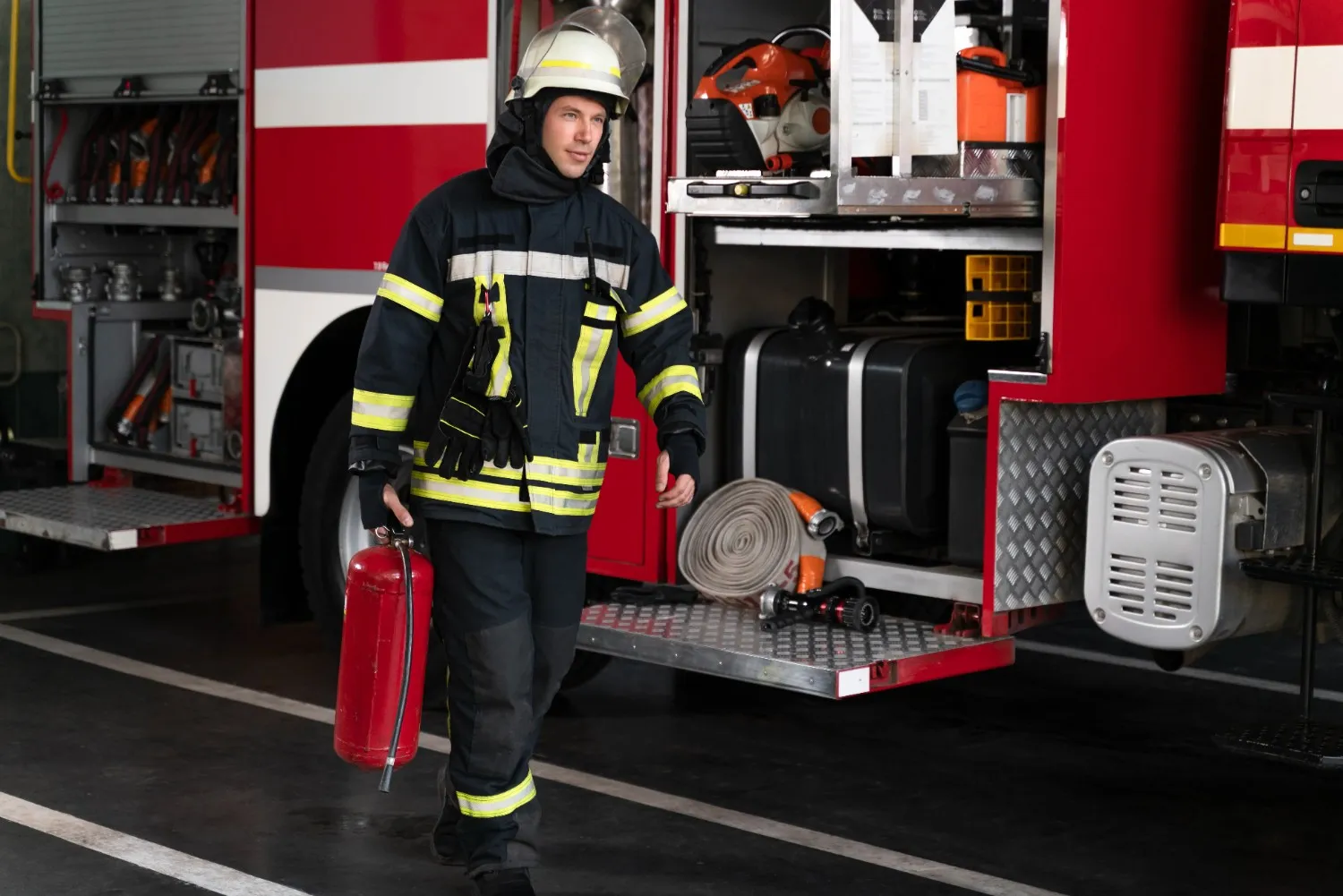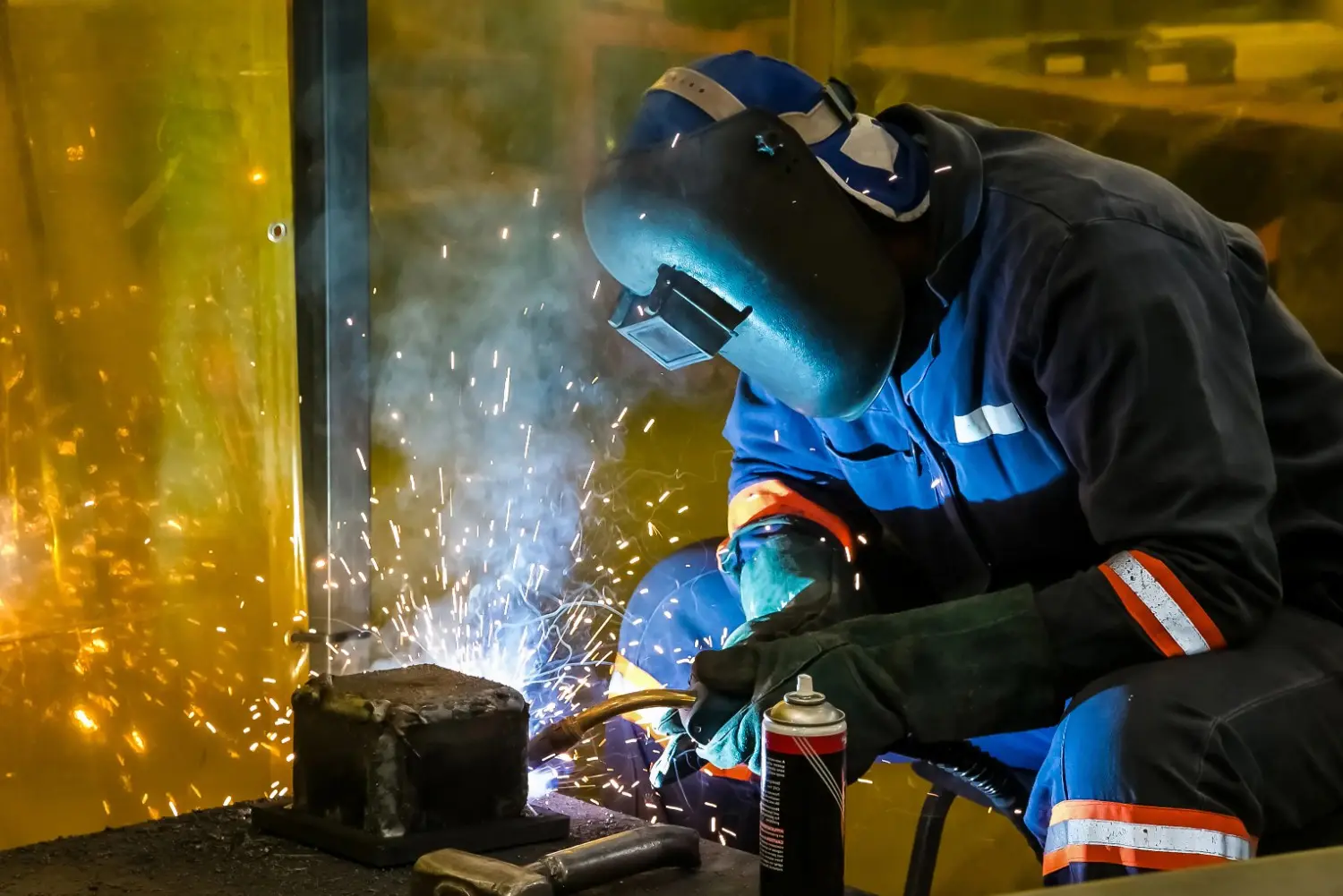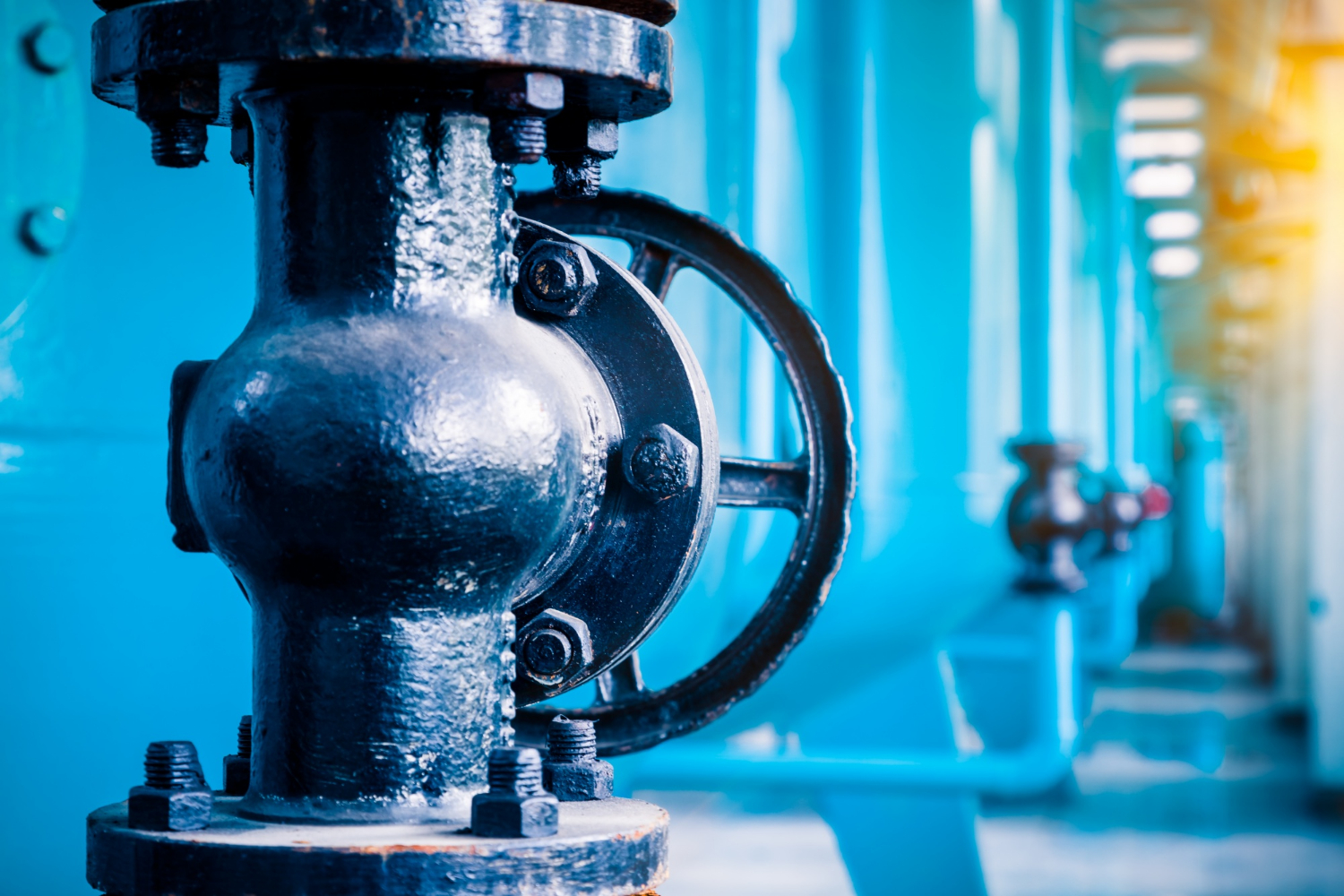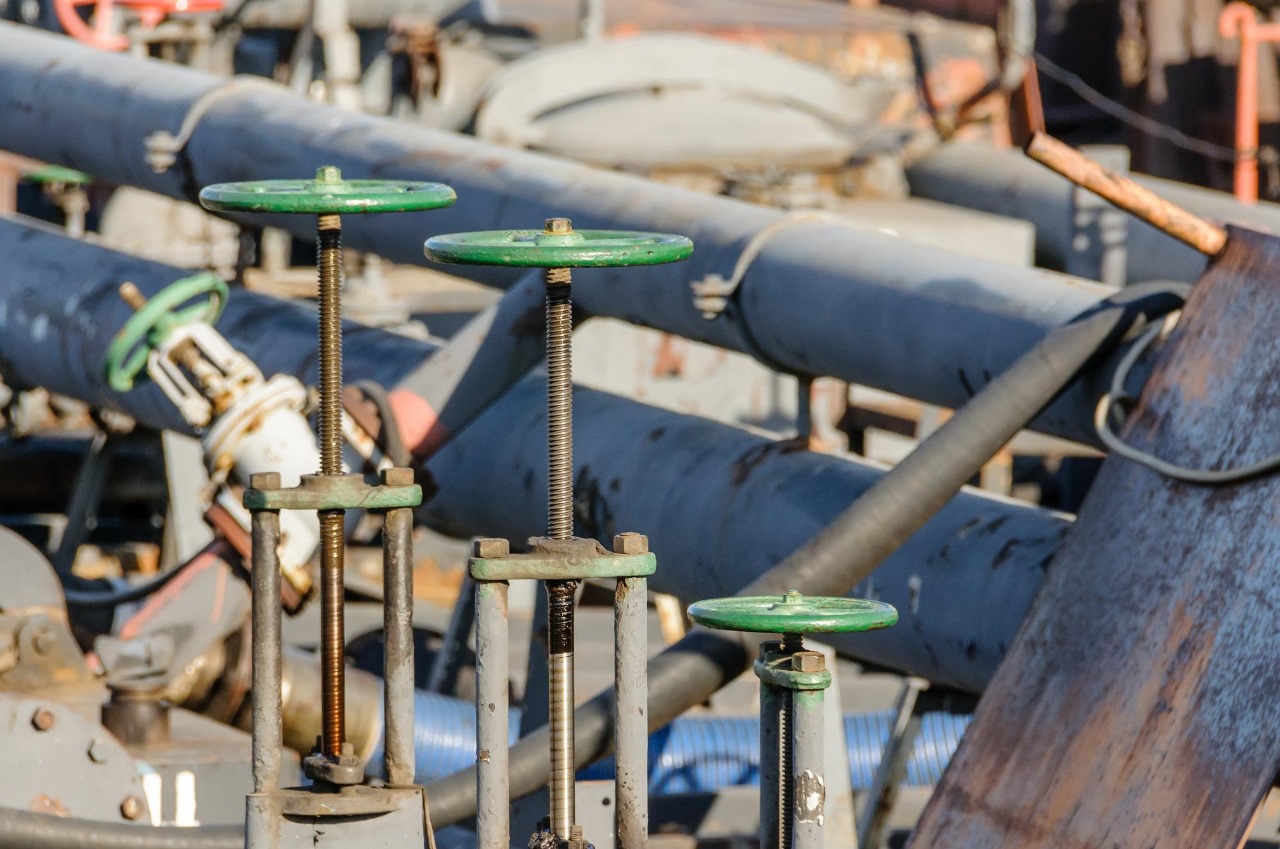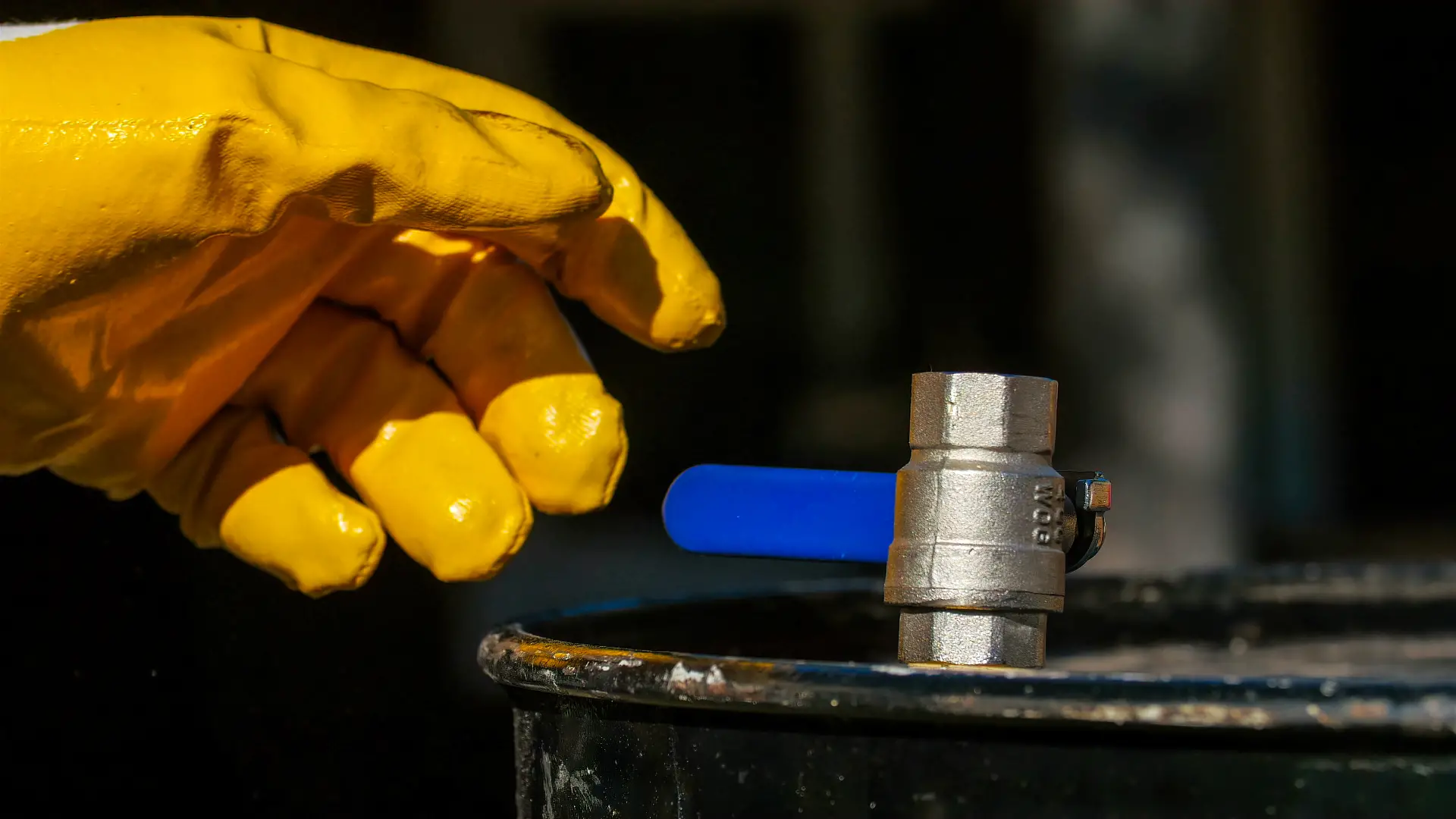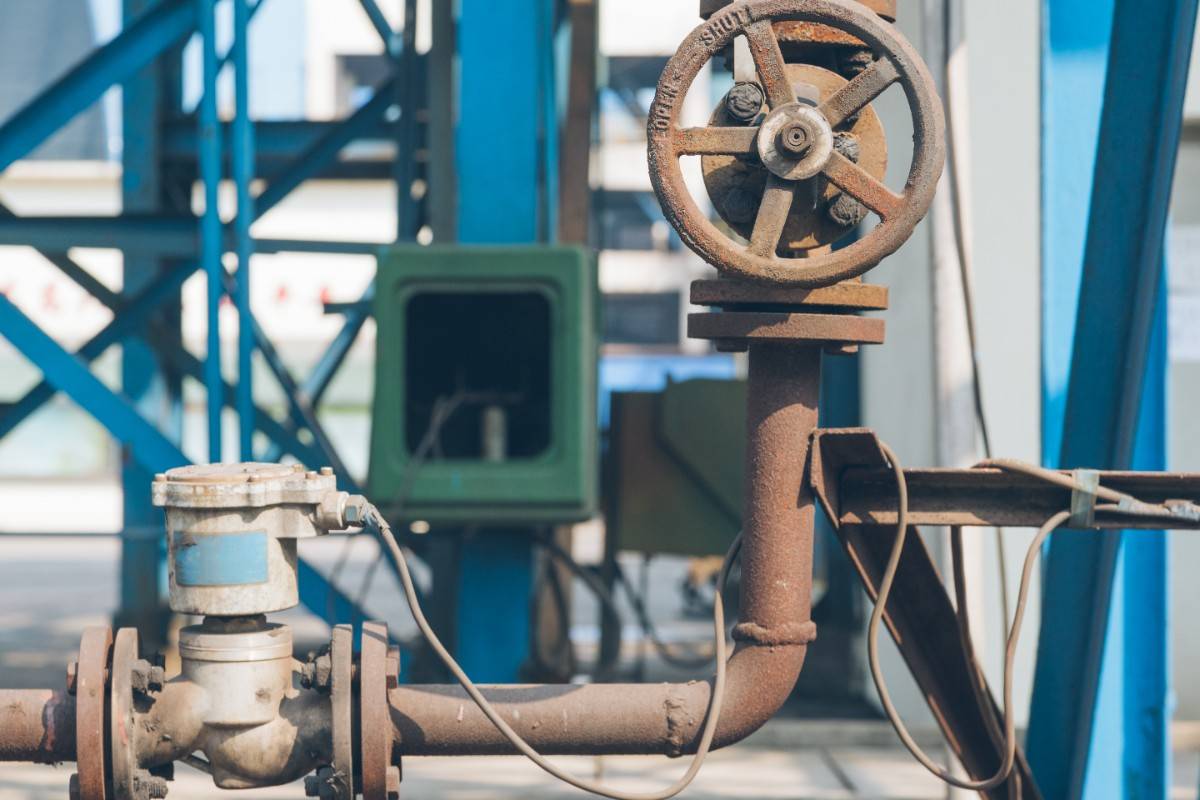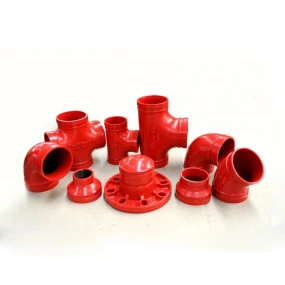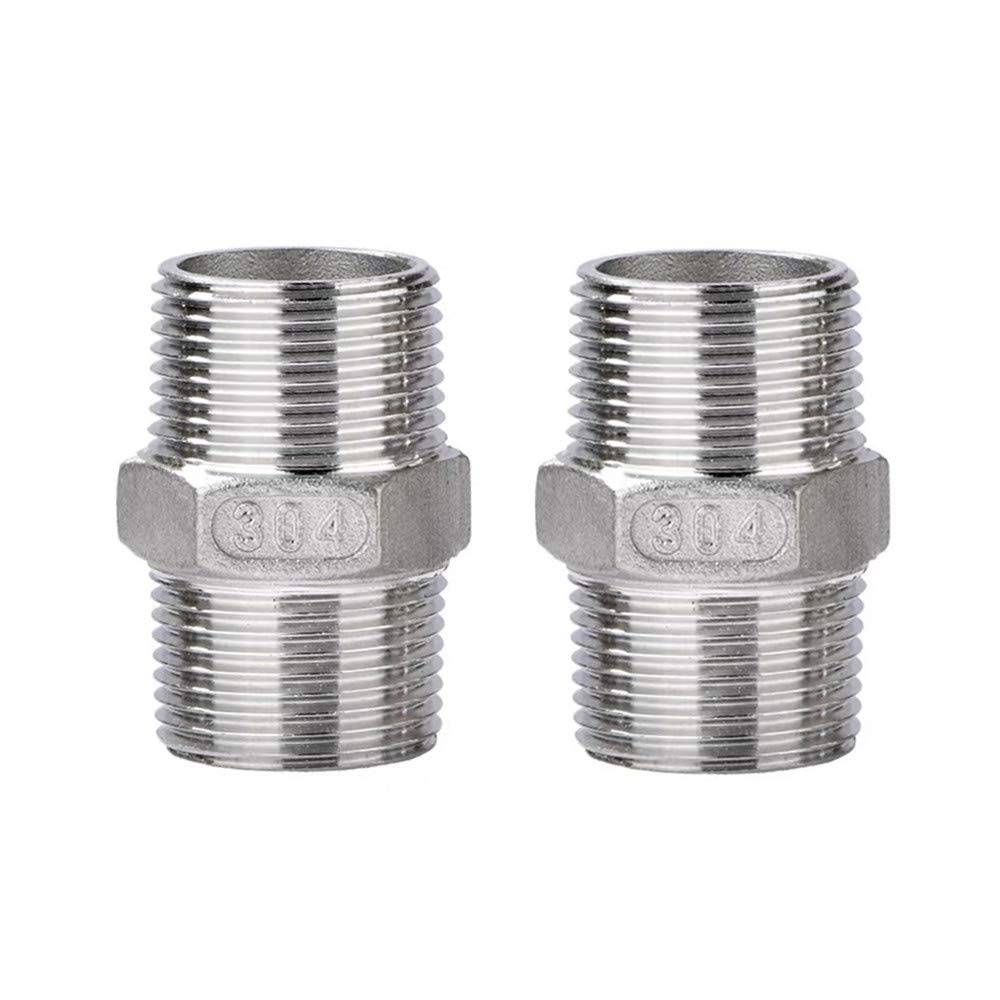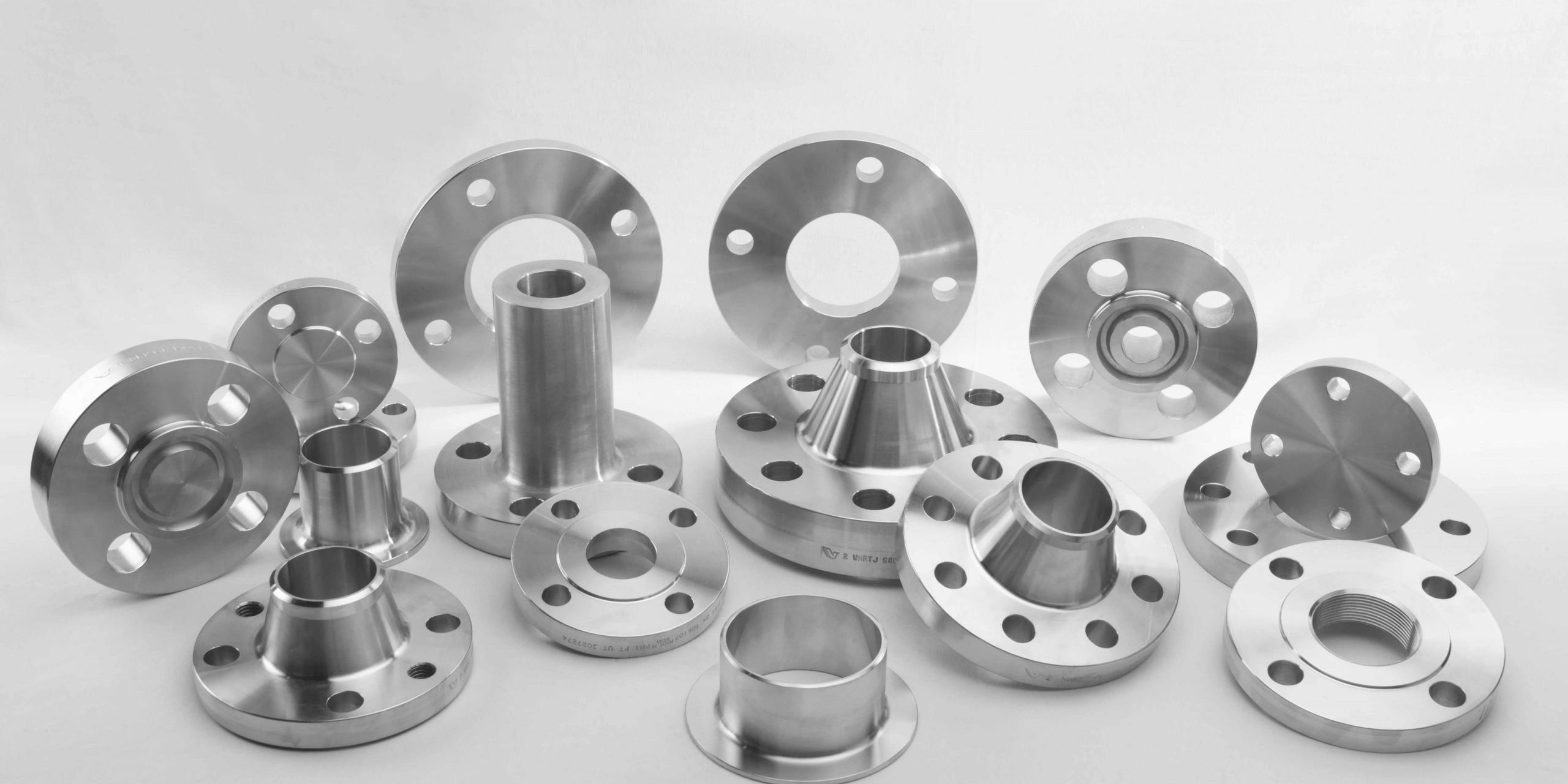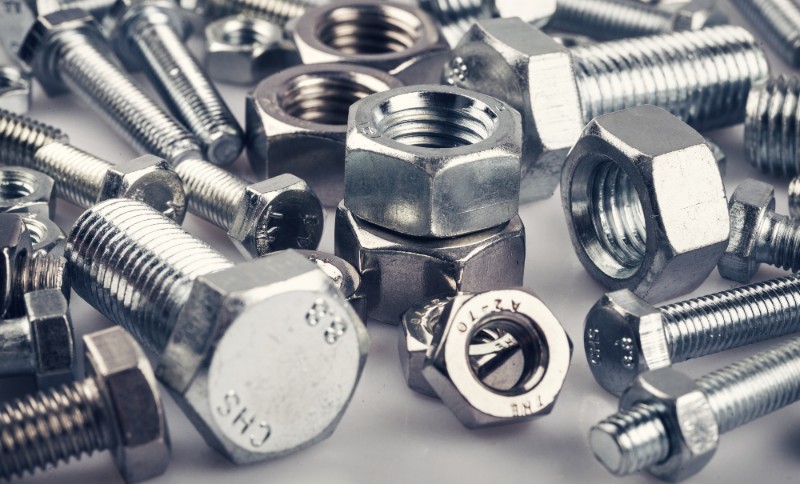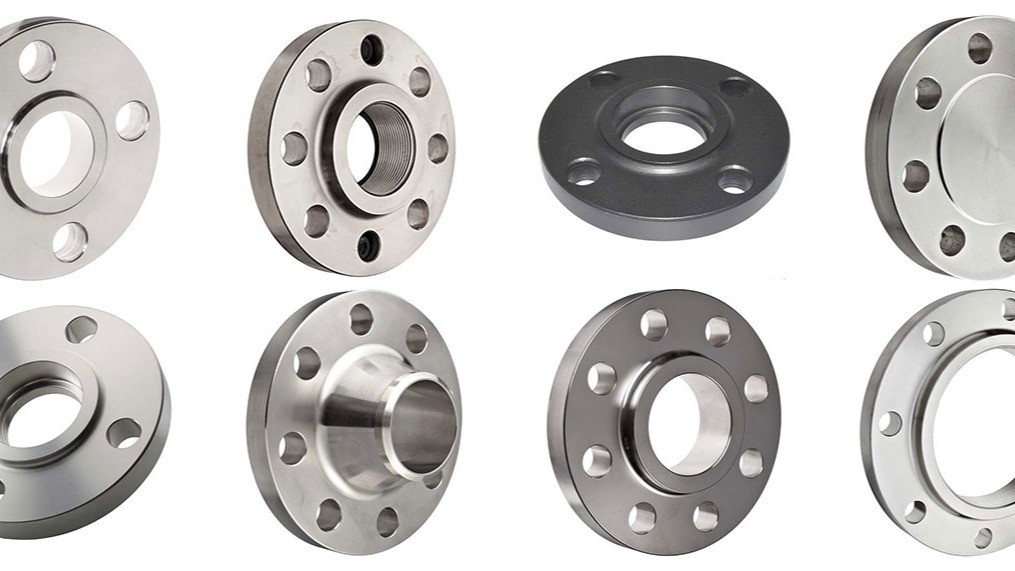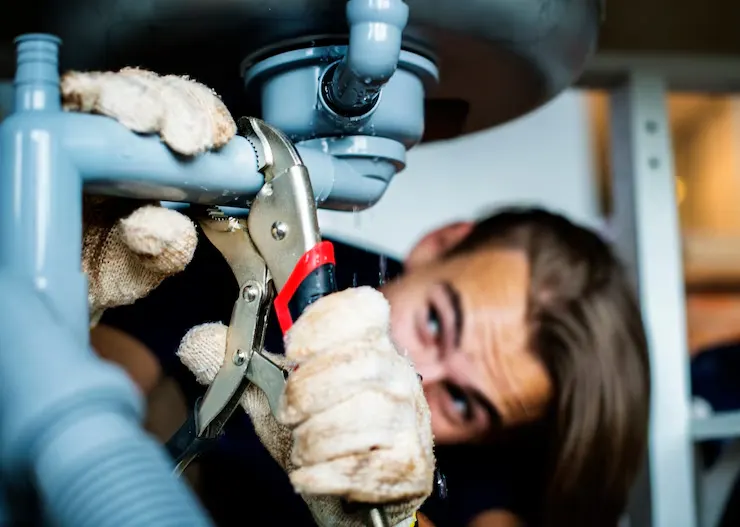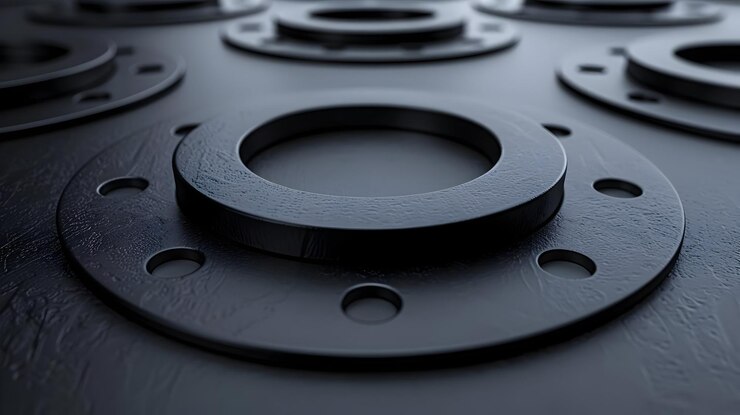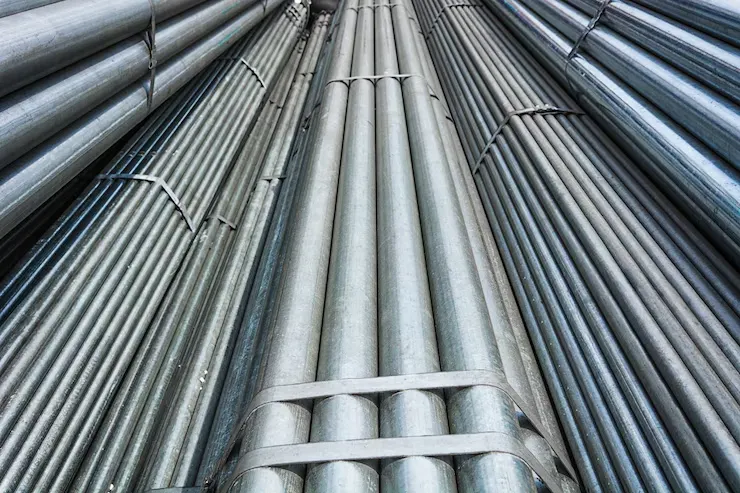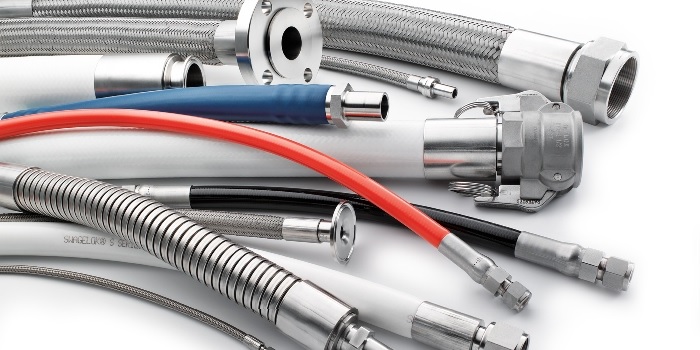
Which Industrial Hose Types Are Best For Oil & Gas Industries?
Industrial hoses play a critical role in the oil and gas industry. From drilling and fuel transfer to water suction and discharge, choosing the right hose ensures safety, efficiency, and durability. At Alkun Steel, we offer a wide range of industrial hoses that cater to the specific demands of oilfield operations.
Let’s explore which hose types are best suited for oil and gas applications, and what makes them essential in the field.
Which Hoses Are Commonly Used in Oil and Gas Industries?
Steel Wire Hose – For High-Pressure Fluid Transfer
The Steel Wire Hose is ideal for applications that require handling high-pressure fluids. Its wire-reinforced construction gives it excellent strength and resistance against abrasion and collapse, making it suitable for hydraulic oil lines, drilling mud transfer, and heavy-duty suction applications.
Rubber Air Hose – Reliable for Compressed Air & Gas
The Rubber Air Hose is engineered for transporting compressed air and inert gases. With its robust rubber build, it is frequently used in offshore platforms and onshore rigs for powering pneumatic tools and systems.
Reinforced Hose – For Strength and Flexibility
Reinforced Hoses offer added tensile strength due to their layered construction. These hoses are commonly used in the oil and gas sector for transferring fuels, lubricants, and chemicals under moderate pressure, while maintaining flexibility and resistance to kinks.
Which Hoses Are Used for Water Suction and Discharge?
Green Suction Hose – For Water and Light Chemicals
The Green Suction Hose is designed for water suction and delivery. It is especially effective in drilling sites and refineries for water and mild chemical handling. Its flexible PVC structure makes it lightweight and easy to handle on rough terrains.
Blue Flat Hose – Ideal for Water Discharge
The Blue Flat Hose is best used in temporary water discharge applications. It is easy to roll up and transport, making it ideal for dewatering and flood control in oilfield zones and remote drill sites.
What About Safety Applications?
Fire Hose – For Emergency and Safety Systems
In hazardous environments like oil refineries and rigs, Fire Hoses are a crucial part of the safety infrastructure. They provide fast, reliable water delivery in emergency situations and comply with industrial safety standards.
FAQ’s
- Which hose is best for fuel transfer in oilfields?
Steel wire and reinforced hoses are best suited for fuel transfer due to their durability and pressure-handling capacity.
- Are rubber hoses safe for oil and gas applications?
Yes, especially if rated for high pressure and temperature. Rubber air hoses are commonly used for pneumatic systems and gas lines.
- Can green suction hoses handle chemicals?
They can handle light chemicals and water-based solutions but are not suitable for aggressive chemical use.
- What is the difference between suction and discharge hoses?
Suction hoses pull liquids in (usually under vacuum), while discharge hoses push liquids out (under pressure or gravity).
- Are fire hoses mandatory in oil and gas sites?
Yes, fire hoses are part of mandatory safety measures, especially in zones with high fire risk.
- How do I choose the right industrial hose?
Consider factors like pressure rating, temperature, material compatibility, and application purpose.
- What is the lifespan of industrial hoses in oil and gas?
With proper maintenance, hoses can last 3–5 years, but extreme conditions may shorten this.
- Are Alkun Steel hoses compliant with industry standards?
Yes, our hoses are manufactured to meet industrial performance and safety standards relevant to oil and gas operations.
Related Articles
Stainless Steel Buttweld Fittings For Offshore Shipbuilding And Platform Piping
Read MoreIndustrial Valves, Hoses & Gaskets: Alkun Steel’s Solutions for the Tanks & Pumps Industry
Read MoreCorrosion-Resistant Valves, Flanges & Joints: Alkun Steel’s Petrochemical Solutions
Read MoreWhy Alkun Steel Is A Reliable Supplier Of Essential Products In The Oil Drilling & Rig Industry
Read MoreReliable Industrial Components For Fire Fighting Applications: Alkun Steel’s Trusted Solutions
Read MoreWhy Alkun Steel Is A Reliable Supplier Of Essential Products In The Fabrication Industry
Read MoreIndustrial Valves, Hoses & Gaskets: Alkun Steel’s Solutions For Aviation Maintenance
Read MoreBest Weld Neck, Slip-On, And Blind Flanges For Critical Oil & Gas Connections
Read MoreBest Industrial Fasteners for Heavy Equipment Assembly and Structural Steel Projects
Read More